Magazines list (50)
Sort:
Europe on a Plate
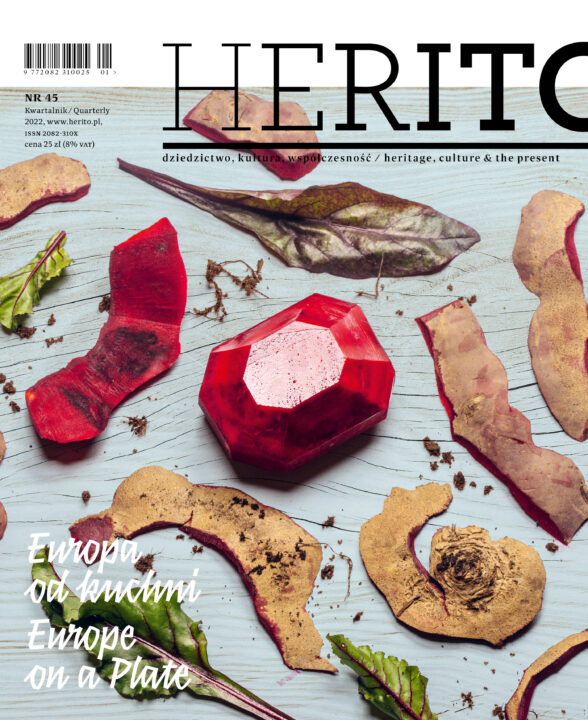
Are dumplings, bigos, or ordinary beetroots elements of our cultural heritage? Certainly, yes. "Our tables and menus reflect the entire history that swept across the continent as well as its cultural changes" writes Professor Jacek Purchla in his introduction to the recent issue of “HERITO” magazine. The potato decrees of Frederick II the Great had the same importance for our heritage as the Turkish expansion in the Balkans.
Premiere:2022
Austria
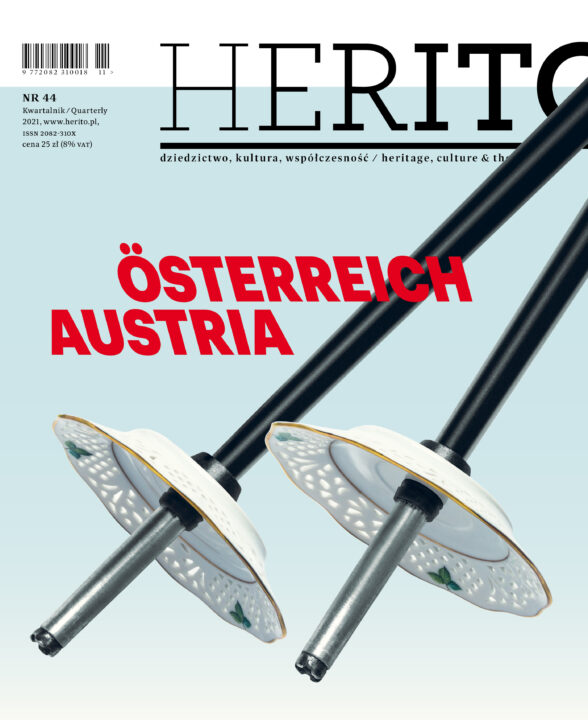
We look at Austria through rose-coloured glasses, as a country where everyone loves waltzes, Mozart, Sacher cake, coffee, schnitzel and beer, albeit in a different order. Meanwhile, we are forgetting how varied the country is in terms of its geography, culture, and identity, stretched between two lakes – Neusiedl and Constance. Austria did not emerge ready-made on the map of Europe, but gradually built its identity and shaped its image.
Premiere:2021
Invisible places
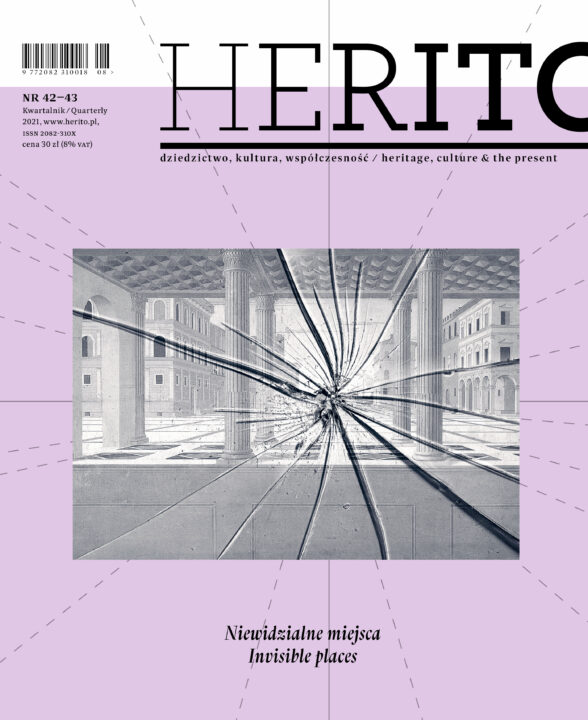
Invisibility is not an empty concept or a neat rhetorical device from the margins of Italo Calvino’s book, but the lived experience of Central Europeans.
Premiere:2021
Belarus
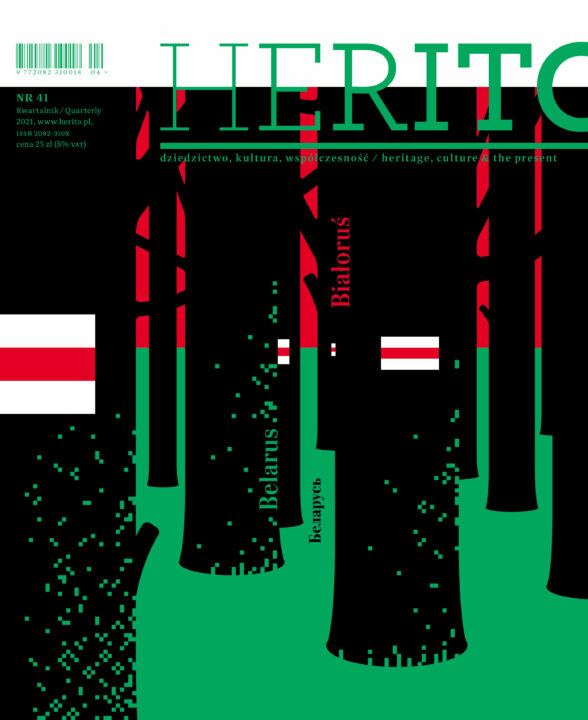
Belarus is much closer to us than it appears to be at first sight: not only because of our shared history or the still ongoing democratic uprising, vividly reminiscent of the events of the 1980s in Poland and other Central European countries.
Premiere:2021
Lithuania
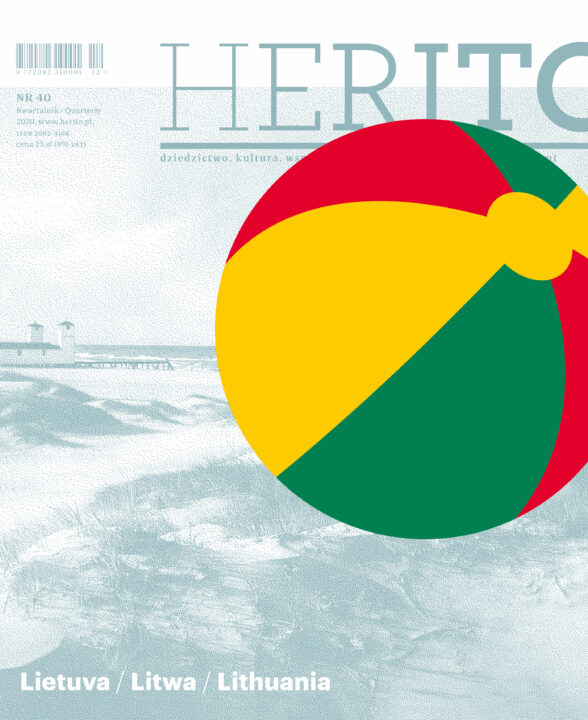
In spite of the stereotypes established in Poland – those of the pagan Lithuanian forest or the tropes of Mickiewicz and Miłosz – the authors look at Lithuania from an unusual side, from the sea. That is why they write more about the Curonian Spit, Palanga, Nida and Klaipeda. Having reached Vilnius, they suggest a different journey – in search of less known monuments than those along the beaten track to the Gate of Dawn, choosing Jan Krzysztof Glaubitz, Wawrzyniec Gucewicz and Mikalojus Vorobjovas as their guides.
Premiere:2021
Green
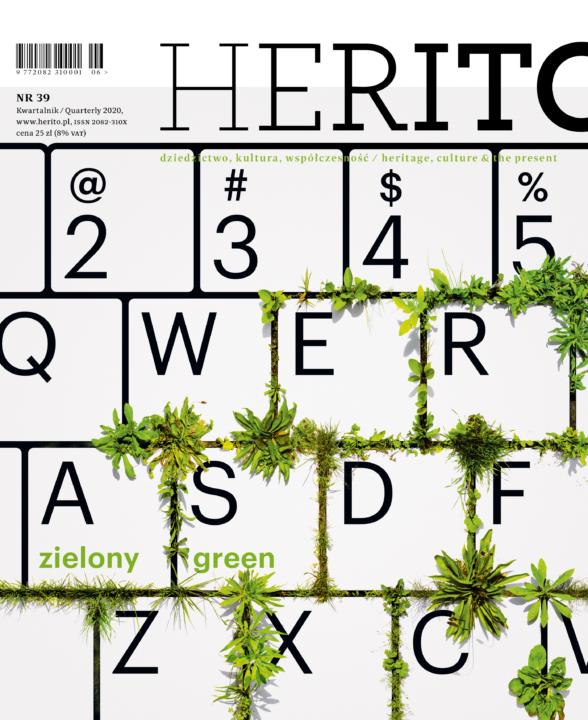
The issue of the HERITO quarterly devoted to the relationship between man and nature. Developed in exceptional conditions, between an epidemic, a fire in the Biebrza National Park, and the forecasts of a summer drought, it made us even more aware of the need for contact not only with other people, but also with pure nature.
Premiere:2020
Magical socialist realism?
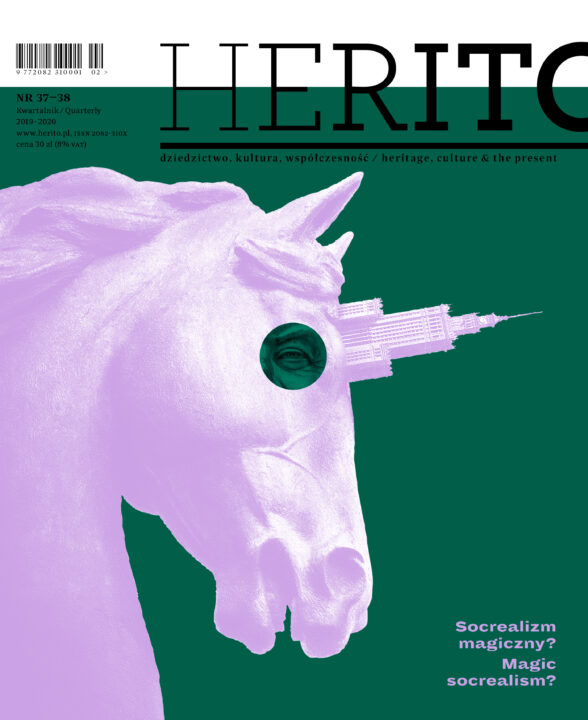
Socialist in content and national in form – these were required features of art and architecture made under the doctrine of socialist realism. Today, in Central Europe, the relics of socialist realism evoke unambiguously negative connotations. Fifty years on, are we able to look at them without these emotions? Which works have stood the test of time? Magical socialist realism – a joke or a hypothesis?
Premiere:2020
Carpathians
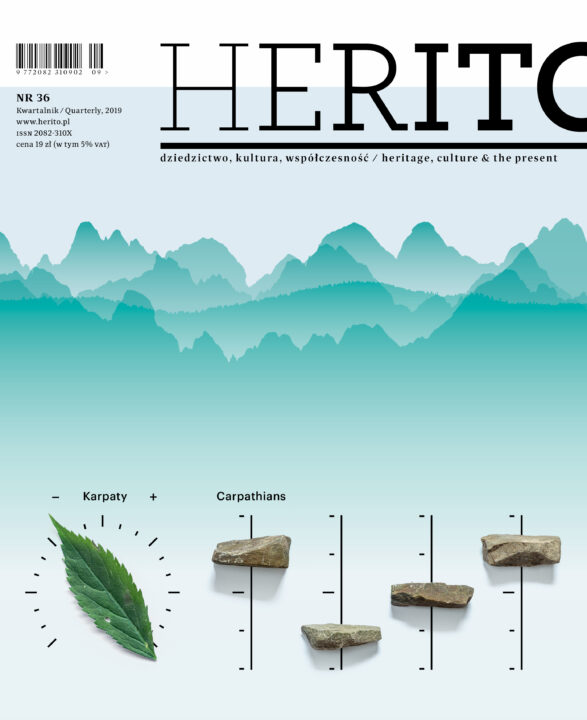
They span over nearly fifteen hundred kilometres across the territories of eight countries and cover the space five times the size of Switzerland. For centuries they have offered the ground for the development of cultures and small centres of the world of the Boykos, Lemkos, Hutsuls, Wallachians, Székelys, and the Transylvanian Saxons.
Premiere:2019
Europe and the East. Decade of the Eastern Partnership
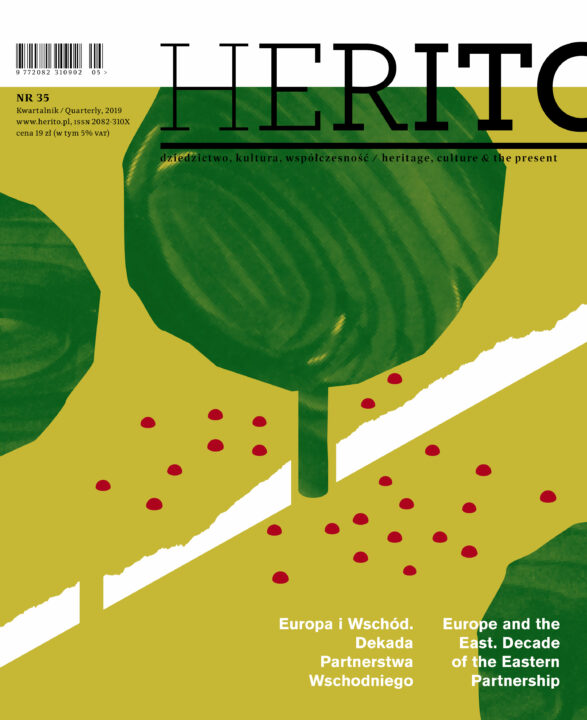
Has the East ceased to interest the West and how has the “new East” been defined after the political transition of 1989? What was the role of the Dnieper in the formation of the Ukrainian national identity and why is the future of this country dependent on this river?
Premiere:2019
Women of Central Europe
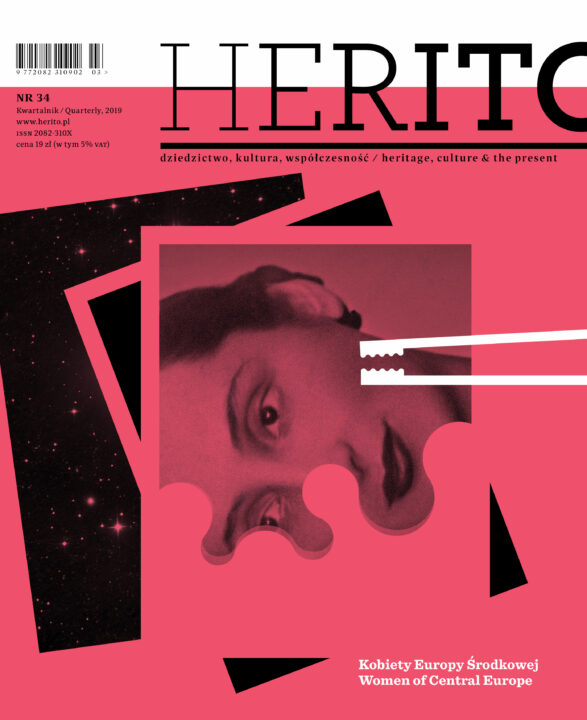
It is only recently that the role of women in history has been more fully recognised. In the early 1970s, the term “herstory” was coined to refer to history told from a woman’s point of view. Although “Herito” always seeks to offer as much space to women authors and their topics as possible, we decided to dedicate the new issue entirely to women that were significant to Central European history, culture, politics, and arts – women often forgotten, underappreciated, or intentionally erased.
Premiere:2019
Copyright © Herito 2020
